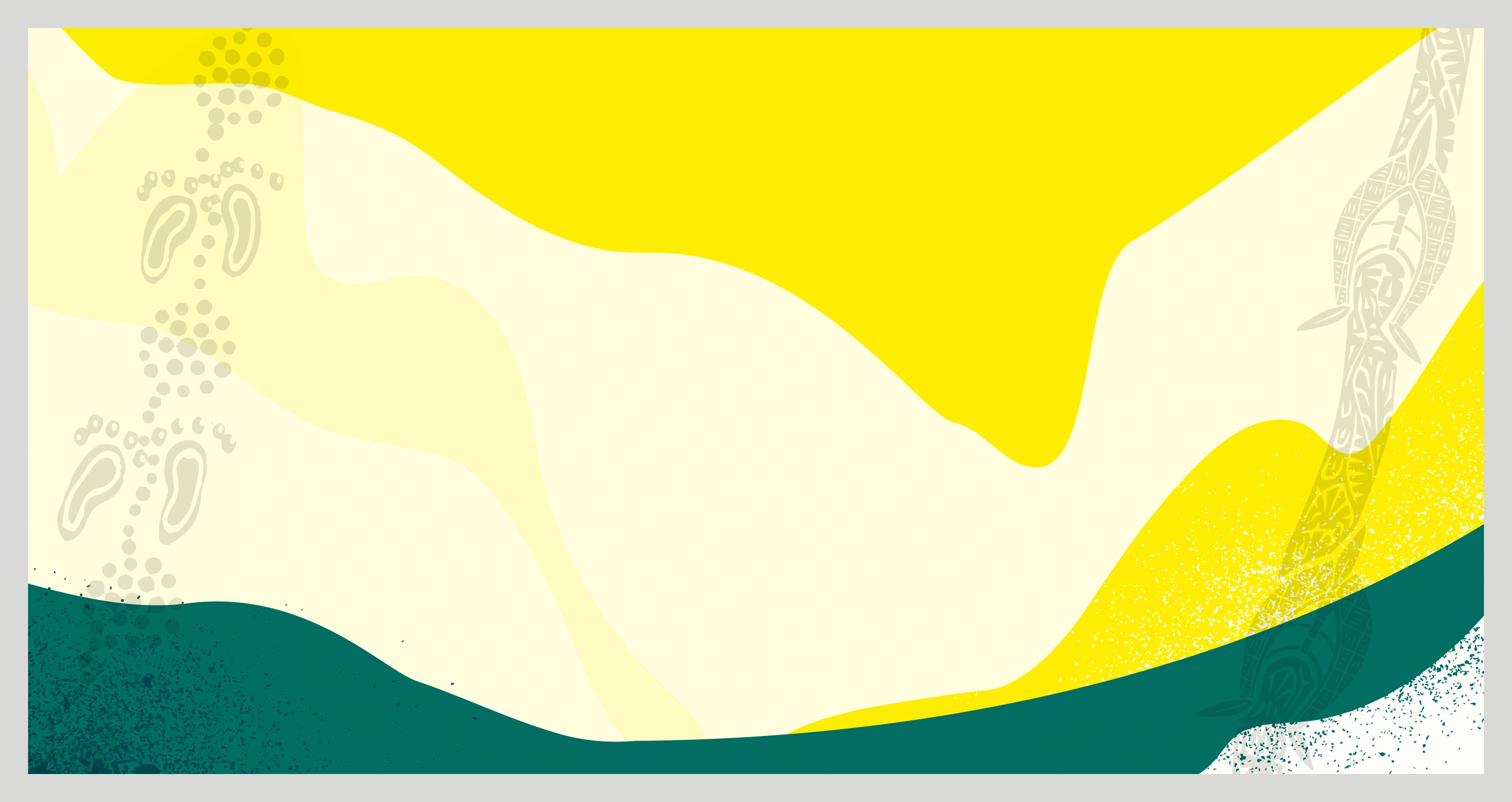Little did anyone know, the Winter sisters would become a goldmine for Australian Olympic Fencing in the 1960s.
Not even the Winter family could point to sporting success in their past, but come the Rome 1964 Olympics Johanna Winter (Winter-Stienen), Val Winter (aka Walburga O’Driscoll) and Riki Winter (aka Ulrike Vogt) competed together on the Fencing Team as Olympians. All from a family that was expelled from Czechoslovakia in 1946, landed in West Germany and arrived in Melbourne in 1951.
Johanna, the middle child, was 14 while the Olympics swept Melbourne in 1956. Before the Games she decided to have a go at Fencing when an Australian Olympic Team fencing coach dropped in at Brighton High School to run a clinic.
“The fencing coach approached a number of schools in the Melbourne area and a number of Australian fencers were in Melbourne some months prior to the Olympics,” Johanna said.
“It was a newly established school so the headmaster thought he would try a few new things.”
Intrigued, she discovered a natural talent for the sport and before too long was helping the coach demonstrate moves for her classmates.
Val and Riki joined those fencing classes at the newly formed fencing club in 1957, paving the way for all three sisters to train and competing together.
"If one of us didn’t want to go to fencing the other two would apply pressure to also come along," she said.
But if it wasn’t for their dad’s selflessness to drive them to the fencing club three nights a week, the Olympics would not have come calling.
Tall, quick and with strong great hand-eye coordination Johanna’s fencing skills developed fast. So fast that just four years after picking up a foil for the first time, she was representing Australia at the 1960 Olympic Games as an 18-year-old, which also doubled as her first ever international fencing competition.
She took the two-day trip to Rome on Qantas and getting to the point of departure was their major challenge, with funding hard to come by.
“The biggest challenge was funding everything ourselves. Equipment, training fees, going to competition within the state or interstate, the burden fell naturally on our parents. They never complained,” Johanna said.
“The other problem was a lack of competition available. We three soon eclipsed most female fencers in Australia and most male fencers soon after.”
Once at the Games the step up to Olympic level amazed her. She was one of 78 women fencing in Rome and despite the pressure to perform and not having advanced from the group stage, she was satisfied she brought her best to the other nations.
Back in Australia the Tokyo 1964 Olympics became the goal. This time the lead into the Games included Paris for Johanna, Val and Riki in 1963.
“We worked and fenced during the European summer. We fenced at the Racing Club of Paris and also received some free lessons from the resident fencing coaches,” she said.
“We ended the season by attending the World Championships in Danzig in Poland where I achieved 32nd place. I realised then I would have to live in Europe if I wanted to get much better.”
In the 1964 Olympic year the sisters continued to check off the Olympic qualifying requirements in Australia and were determined to compete in as many tournaments as possible.
While the experience in Tokyo was demanding and resulted in another early rounds exit, Johanna was pleased with her performance and the results of the Australian Fencing Team.
One of the highlights of Johanna’s Olympic experience was the Olympic Village around her fellow fencers. She shared a room with an Australian team diver Susan Cope (Knight) and her most memorable exchange was with four-time Olympic champion Dawn Fraser, who wished Johanna luck in her event.
After the 1964 Games the sisters split off in different directions. Val moved back to Paris to continue training, Johanna relocated to Vienna to study hotel management and Riki got married and moved to Canada.
“Being an Olympian is what everyone understands and can aspire to,” Johanna said.
“It’s a marker of achievement. In that sense I am pleased and sometimes amazed that we three girls were able to achieve that.”

